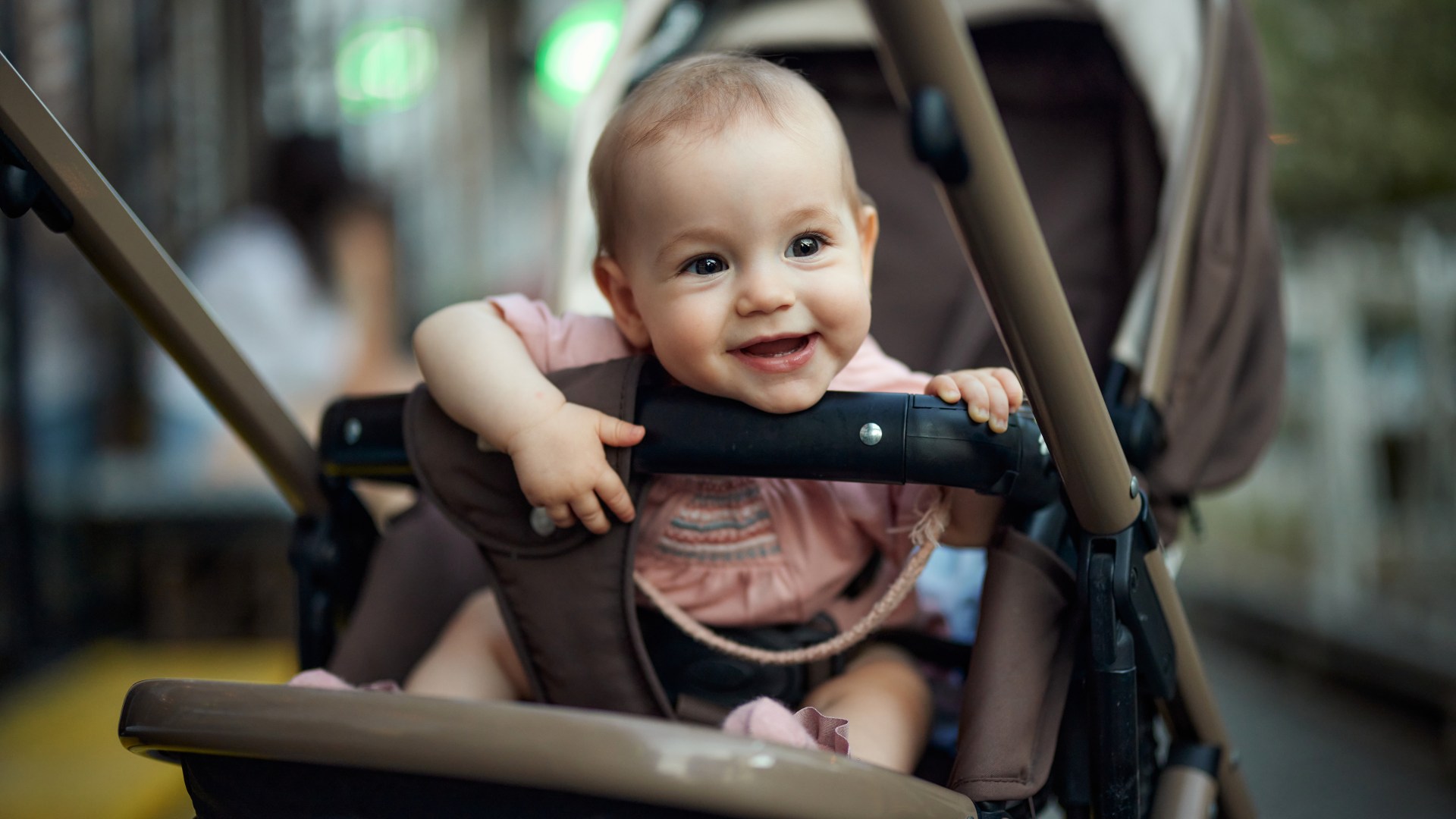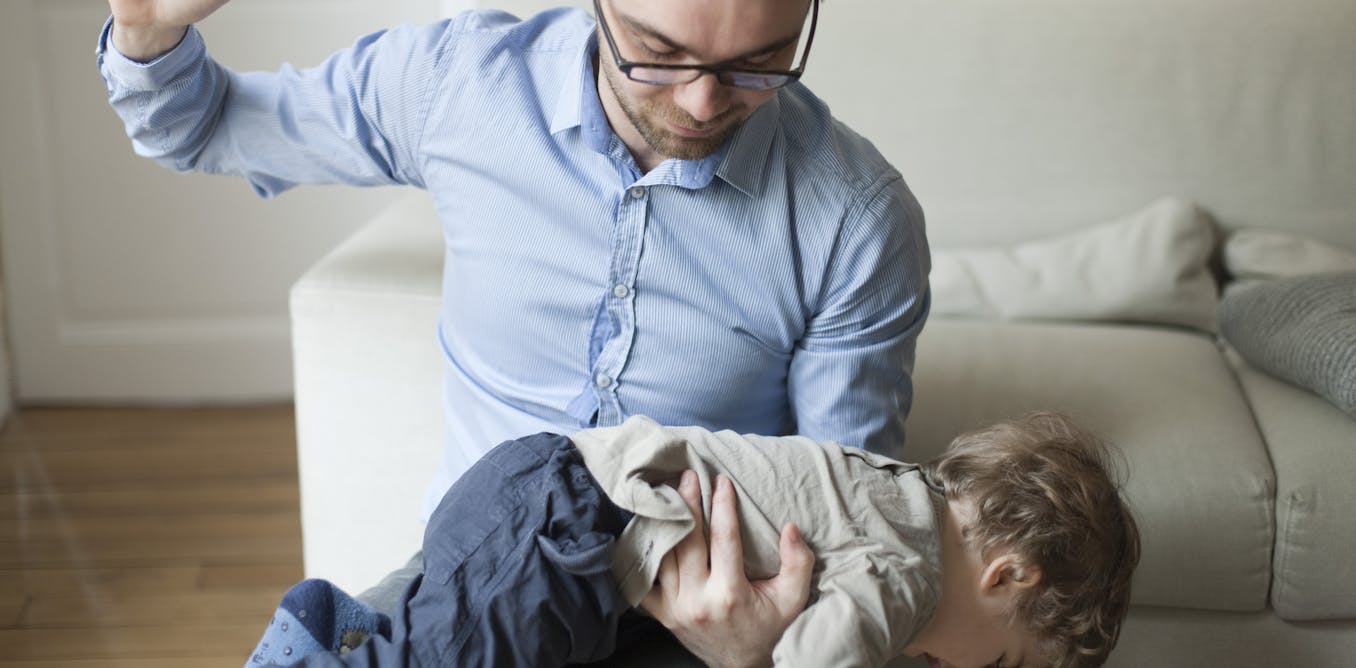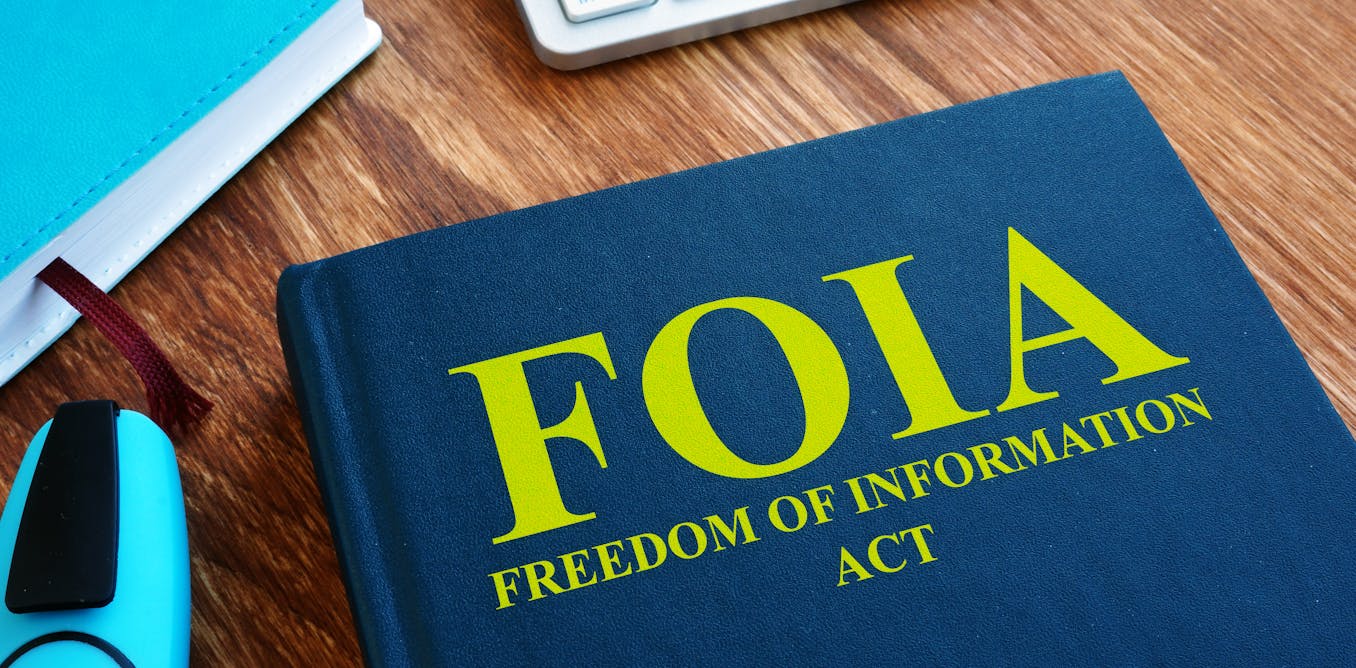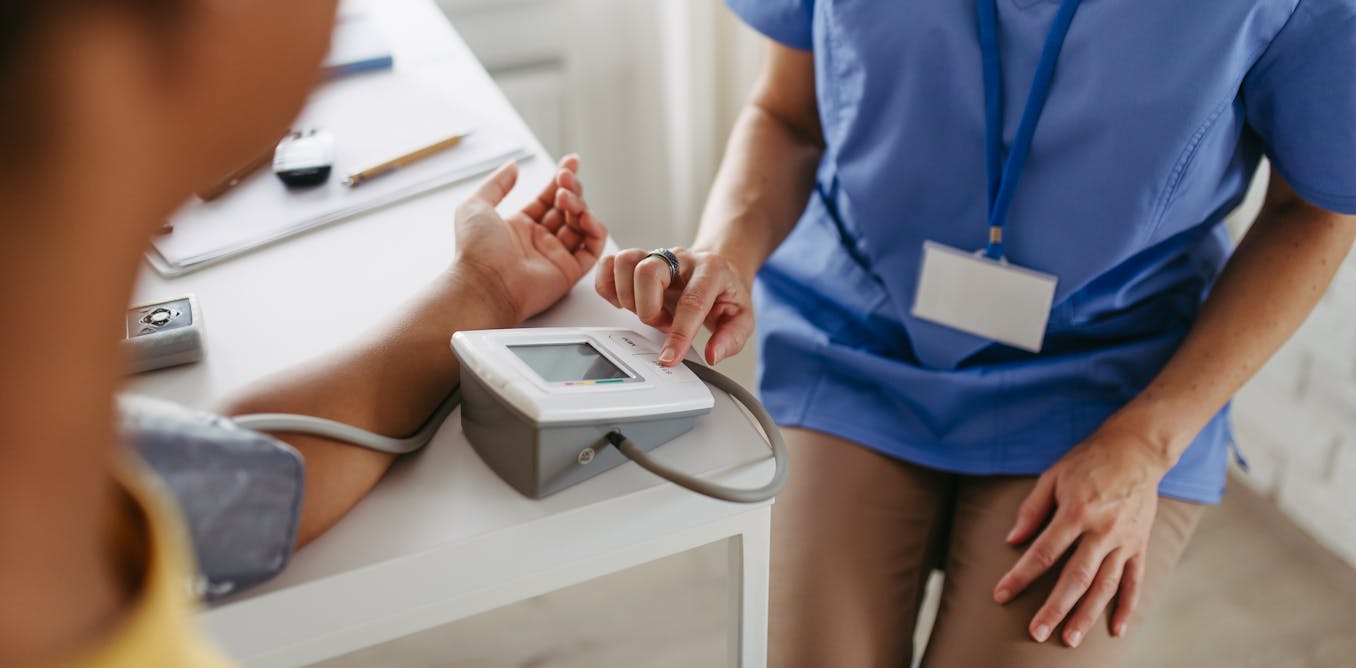WITH the UK experiencing some of the hottest weather it’s seen in a long time, families are out enjoying the sunshine.
But it’s important to remember sun safety, particularly when it comes to babies and young children who are less able to regulate their heat.
2
Infants can become ill during hot weather and certain steps should be carried out to keep them cool and protect them from the sun’s rays.
Covering your infant’s pushchair with a blanket to give them some shade may seem like a good idea.
But an expert has issued a stark warning saying it could raise the risk of sudden infant death syndrome (SIDS).
Kate Holmes, Head of Support and Information at The Lullaby Trust, a charity that aims to prevent unexpected deaths in infancy, said: “We advise not to cover a baby’s pram with a blanket or cloth as this can lead to overheating, which increases the chance of SIDS.”
SIDS, also known as ‘cot death’, is the sudden, unexpected and unexplained death of a healthy baby.
Kate adds: “Having a barrier between parent/carer and baby is also slightly risky, as it makes it difficult to be able to monitor their baby’s temperature easily or easily see if their baby is in any difficulty.”
SIDS usually occurs when a baby is sleeping, but can happen while they’re awake.
Babies who die from SIDS are thought to have trouble regulating their heart rate, breathing, and temperature.
In the UK, around 200 babies die suddenly and unexpectedly every year.
So what’s the safer thing to do instead? Opt for a clip-on sunshade or parasol, said Kate.
She explained: “This will help to keep your baby shaded but still allow air to circulate and still provide a clear view of your baby. Try to keep your baby out of direct sunshine.”
The Lullaby Trust offers some additional steps to take to protect your sleeping baby during hot weather, whether it’s outdoors or inside.
Firstly, make sure the room where your baby sleeps is at a fairly cool temperature of 16-20°C.
This can be more difficult in summer months or if you’re on holiday somewhere warm.
Other things you can do:
- Use lighter bedding and clothing, and fewer layers
- Open the bedroom door and a window, if it safe to do so
- Baby sleep bags will have guidance on what tog to use for each season
- Use a fan to cool the room, but don’t aim it directly on the baby
- Keep curtains closed in the daytime

2
Babies less than six months should be kept out of direct sunlight, advises the NHS, as their skin contains too little melanin – a substance in the body that provides protection from the sun.
Older babies should be kept out of the sun as much as possible, particularly between 11am and 3pm during summer.
Applying sunscreen with a sun protection factor (SPF) of at least 30 to their skin, and making sure they wear a wide brimmed sun hat, or one with a flap at the back, can help protect their head and neck from the sun.
And making sure babies and young children stay hydrated by drinking plenty of fluids to avoid becoming dehydrated is very important.
Recognising the signs your baby could be affected by the heat is also very important.
Kate said: “We recommend checking baby’s chest and/or back of their neck to make sure their skin doesn’t feel clammy or sweaty to the touch (their hands and feet will always feel cooler to touch.
“Warm is fine but if it feels sweaty or clammy it means they are too hot, so remove a layer of bedding or what they are wearing.
“In really hot weather, just a vest is fine.”
If you’re worried about your baby being unwell at any point, contact your GP or call NHS 111 advice.
The health service adds if your baby stops breathing or turns blue, is struggling for breath, is unconscious or seems unaware of what’s going on, won’t wake up, and/or has a fit for the first time, even if they seem to recover, dial 999 and ask for an ambulance.
What is SIDS?
Sudden infant death syndrome (SIDS) occurs while a baby is asleep and typically happens within the first six months of a baby’s life, but can be up until their one-years-old.
In the UK, around 200 babies die suddenly and unexpectedly every year. In the US, the figure is 3,400.
The cause of SIDS – meaning how, exactly, it occurs – is not known.
The NHS says: “Experts believe SIDS occurs at a particular stage in a baby’s development and that it affects babies vulnerable to certain environmental stresses.
“This vulnerability may be caused by being born prematurely or having a low birthweight, or because of other reasons that have not been identified yet.
“Environmental stresses could include tobacco smoke, getting tangled in bedding, a minor illness or a breathing obstruction. There’s also an association between sleeping with your baby on a sofa or chair and SIDS.
“Babies who die of SIDS are thought to have problems in the way they respond to these stresses and how they regulate their heart rate, breathing and temperature.”
Although the rate of SIDS death has decreased since the 1990s as more information has become available, parents should still think about the risk factors for SIDS.
This includes removing blankets, stuffed animals, and pillows from their infant’s bed.
Parents should be cautious when they put their child to sleep by making sure the baby is lying on their back and there isn’t anything in the crib with them.
Allowing a baby to sleep on their stomach can block their airway or cause airbreathing, meaning they are re-breathing their own exhaled air.
When this happens, the oxygen level in their body drops, and the level of carbon dioxide rises.
Parents should not share a bed with their baby if they smoke or take recreational drugs, take medication that causes drowsiness, or have been drinking at all.
They should never share a bed with a baby who weighed less than 2.5kg at birth, or sleep with their baby on a sofa or armchair.




